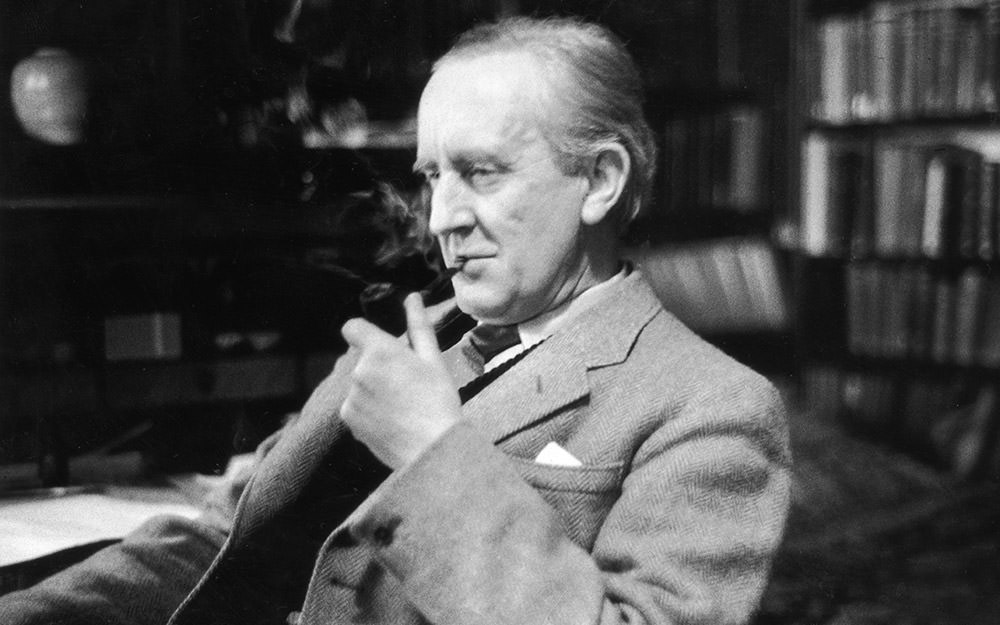Sanctifying Myth

I first started reading J.R.R. Tolkien when I was still in grade school, beginning with The Hobbit. Being that young, I wasn’t really able to grasp all of the mythological and spiritual aspects of the novels; I just thought they were ripping good yarns full of elves, wizards, and heroes wielding swords with really great names. So when I heard that Tolkien had been a Christian, and in fact had been a contemporary and major influence on C.S. Lewis (whose own fantasy has always been more acceptable in religious circles), I thought it was too good to be true.
Lewis’ books contain obvious religious allegories. So obvious, in fact, that I can’t help but wonder how they’ll be handled in the upcoming movie adaptations of The Chronicles of Narnia. But Tolkien’s books were never meant to be allegories (he actually hated allegory, believing it was cheap and manipulative). There aren’t obvious Christ figures (like Aslan), and in fact, I don’t think there are any overt allusions to any sort of divine figure in The Lord of the Rings (though there is in The Silmarillion, very much so). And yet he fully intended the books as religious works. Strangely enough, it wasn’t until I saw movie adaptation of The Fellowship of the Ring that I really began to pick up on some of the deeper themes (some of which I touch on in my review of the film).
When I first heard Tolkien was a Christian, it was back in my youth when I still thought that bands were Christian only if they mentioned Jesus an appropriate number of times in their songs and made sure to thank Him in the liner notes. I was sure that if I told anyone (my parents, my youth group leader, my friends, my classmates) that Tolkien had been a Christian, they wouldn’t have believed me. After all, his novels were full of wizards and magic, of orcs and trolls — not exactly the stuff that real Christians would write about, at least according to some people (scroll down to the bottom of the page).
Why would Tolkien write such novels and not take a more overtly religious slant? Earlier this month, I finished reading J.R.R. Tolkien’s Sanctifying Myth, a fabulous book that delves into Tolkien’s fairy tales (a term he took as a great compliment) and explores that issue. I’ve been a huge Lord of the Rings kick lately (watching the last trailer certainly didn’t help matters), and this book made me appreciate the man’s work all the more.
I’ve had conversations with people are convinced that Tolkien’s novels are evil, or at best, fairy tales that Christians should read with care. After all, they’re full of wizards and magic. (Or are they?) And yet, lately I’ve found myself wishing my faith was more like something Tolkien-esque. Not in a fanciful, escapist sort of way, but because the themes of Tolkien’s novels — sacrifice, courage, honor, faithfulness — are so crystallized and pure that I long to experience them that way in my own life.
And of course, it would also be pretty cool to go around wielding a sword with a great name.